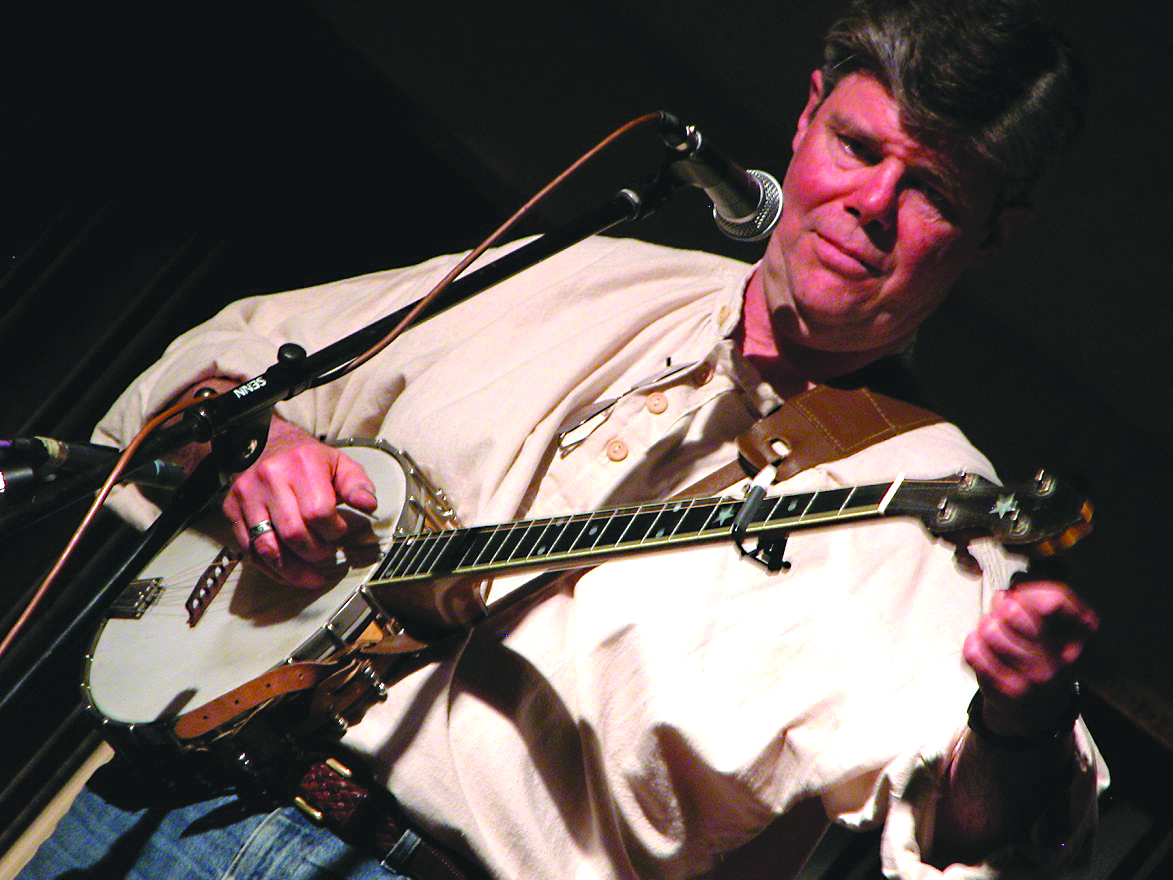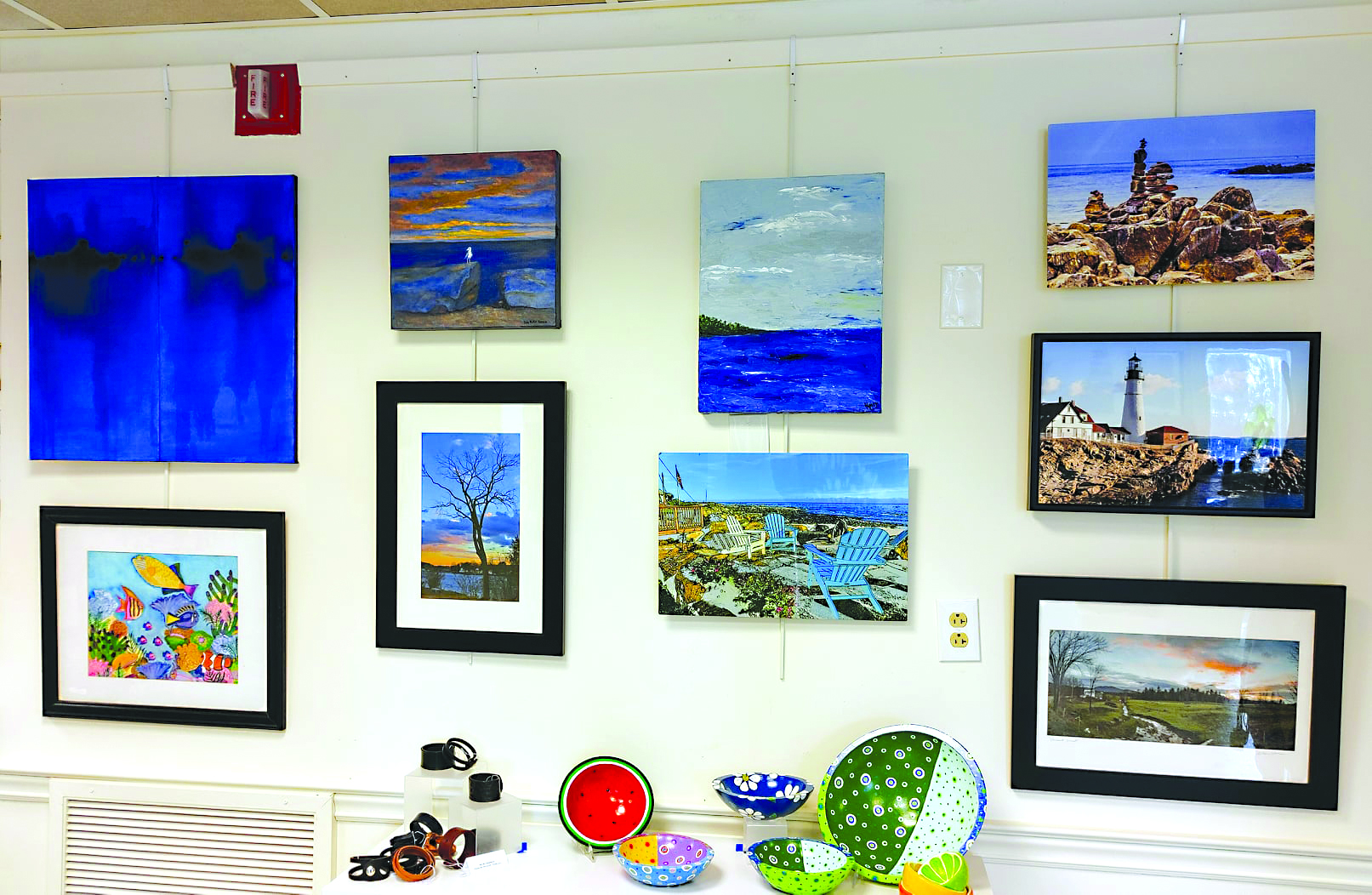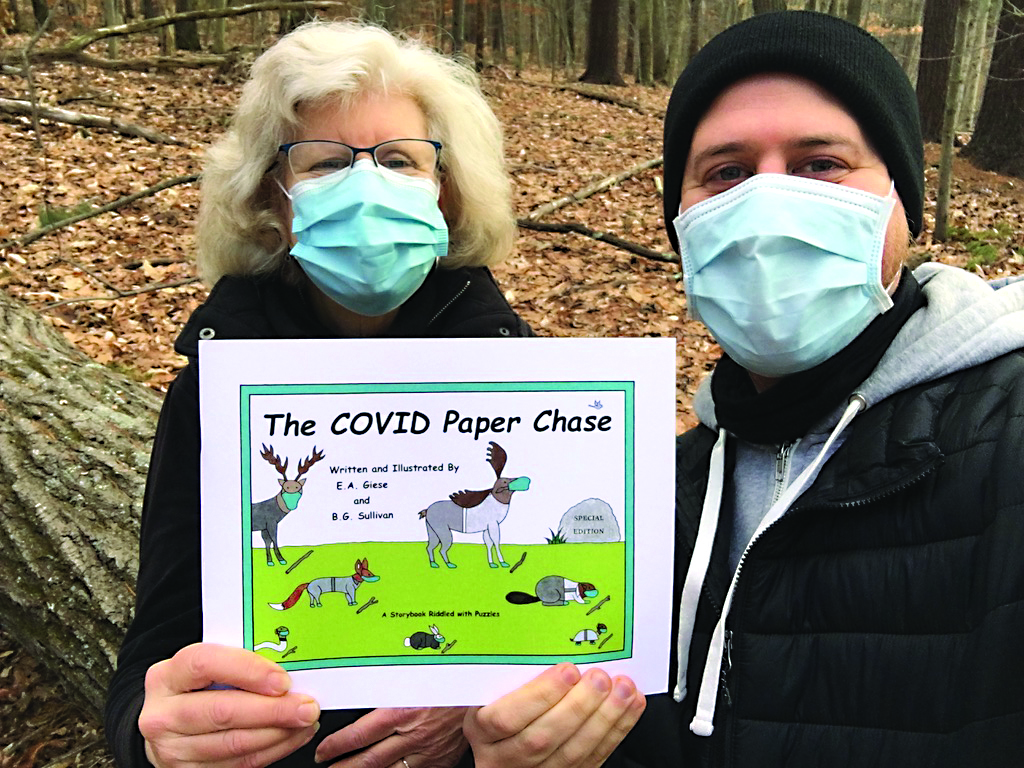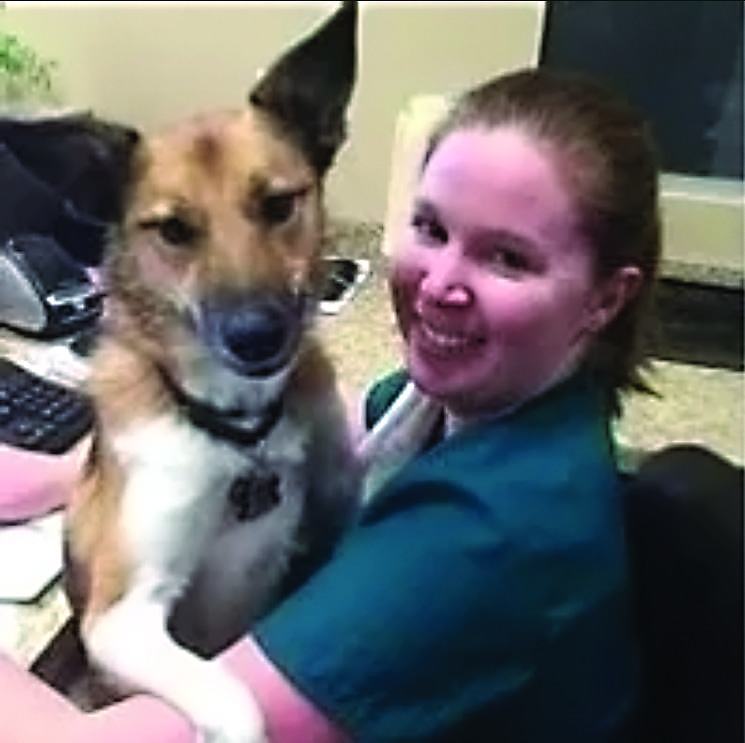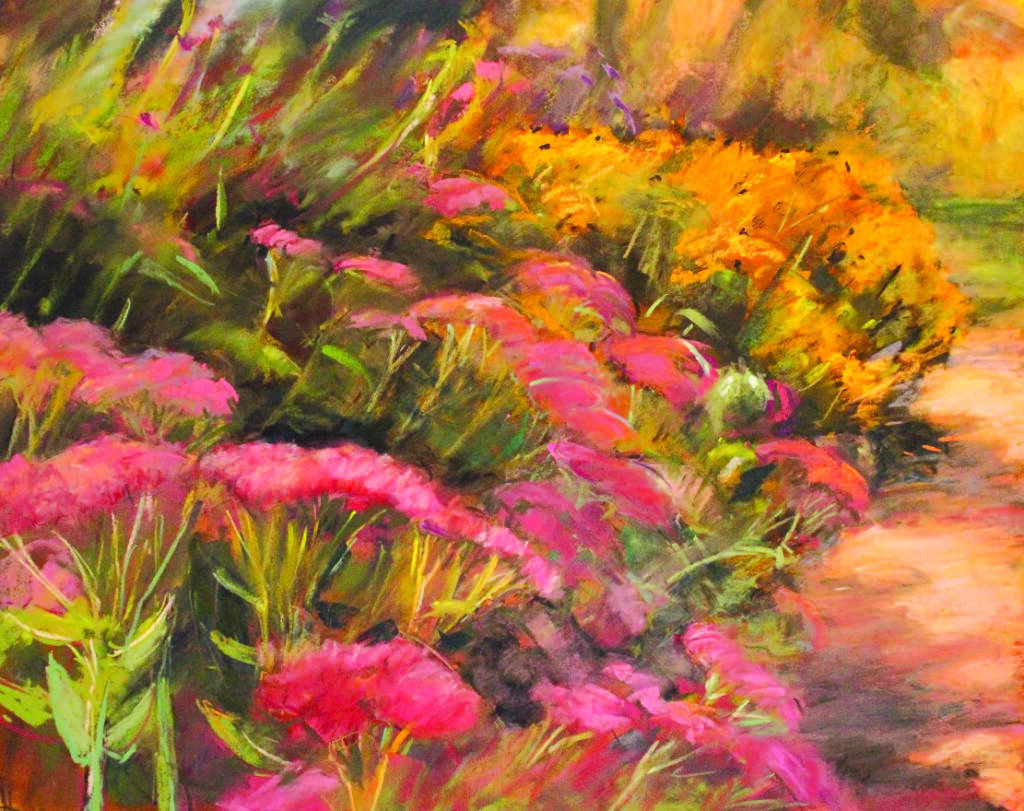Walker Lecture Series goes virtual
After canceling its events in 2020, the Walker Lecture Series will return for its 124th spring season with weekly virtual events every Wednesday from March 3 through April 21.
The Concord-based series, traditionally held at the Concord City Auditorium, features free performances and lectures on history, travel, art and science topics. This spring’s virtual events will be hosted by Concord TV, some pre-recorded and aired on the city’s public access TV channel, and some livestreamed over Zoom.
“[When Covid hit,] we were thrown for a loop just like everyone else [was], and we didn’t know what the future would hold,” Walker Lecture Series trustee Jon Kelly said, “but we’re dealing with that reality now. We’re embracing it with a spirit of experimentation.”
The series kicks off with “Banjos, Bones, and Ballads,” where local musician and historian Jeff Warner will perform and discuss traditional New England tavern music, hymns, sailor songs and more.
“He plays old-time music on the banjo, the spoons, the washboard and the bones, just like people did in the 19th century,” Kelly said. “He’s a lot of fun.”
The following week, mentalist and author of Psychic Blues Mark Edward will present a lecture, “Psychics, Mediums, and Mind Readers: How do they do it?”
“He talks about the fraudulence of people who pretend they can talk to the dead and encourages people to use critical thinking to examine the trick nature of it before they believe that someone has magical powers,” Kelly said. “I think our audience will be really interested in that.”
Other programs in this spring’s Walker Lecture Series will include an art lecture on Frank Lloyd Wright and Norman Rockwell; a history lecture on New Hampshire revolutionaries John Stark and Henry Dearborn; an author event with Michael Tougias, discussing his memoir The Waters Between Us; a nature program about bears; travelogues about Denali National Park and Preserve in Alaska and the deserts, coastline and safari parks of Namibia; and a faculty concert by Concord Community Music School.
“We try to choose programs that will be edifying for the audience, but we also want it to be fun,” Kelly said. “We want [the topics] to be things that people will enjoy and like.”
The Walker Lecture Series has also planned and released the schedule for its fall season, which will run Sept. 22 through mid-December. Though it remains to be seen whether the series will be held virtually or in person, Kelly said he is hopeful that in-person events will be possible.
“People have done well with socialization over Zoom, but I am nostalgic for the days when people would all pile in the City Auditorium and get there early and talk with their neighbors in the lobby,” he said. “I’m choosing to be optimistic that we’ll be able to have that in the fall.”
Walker Lecture Series spring season
When: Wednesdays, 7:30 p.m., March 3 through April 21
Where: Virtual, on Concord TV (Channel 22, or stream at yourconcordtv.org), YouTube and Zoom, depending on the program
Cost: Free and open to all; no tickets or reservations required
More info: Call 333-0035 or visit walkerlecture.org
“Banjos, Bones, and Ballads” with Jeff Warner
March 3 on Concord TV
“Psychics, Mediums, and Mind Readers: How do they do it?” with Mark Edward
March 10 on Zoom
“Norman Rockwell and Frank Lloyd Wright” with Jane Oneail
March 17 on Zoom
“Autumn in Denali” and “The World of the Bear” with Tom Sterling
March 24 on Concord TV
“Two New Hampshire Men from the American Revolution: John Stark and Henry Dearborn” with George Morrison
March 31 on Zoom
“Growing Up Wild in the ’60s and ’70s” with Mike Tougias
April 7 on Zoom
“The Road to Namibia” with Rick Ray
April 14 on Zoom
Concord Community Music School Faculty Concert
April 21 on Concord TV
Featured photo: The Walker Lecture Series opens with “Banjos, Bones, and Ballads” by Jeff Warner on Wednesday, March 3. Courtesy photo.

